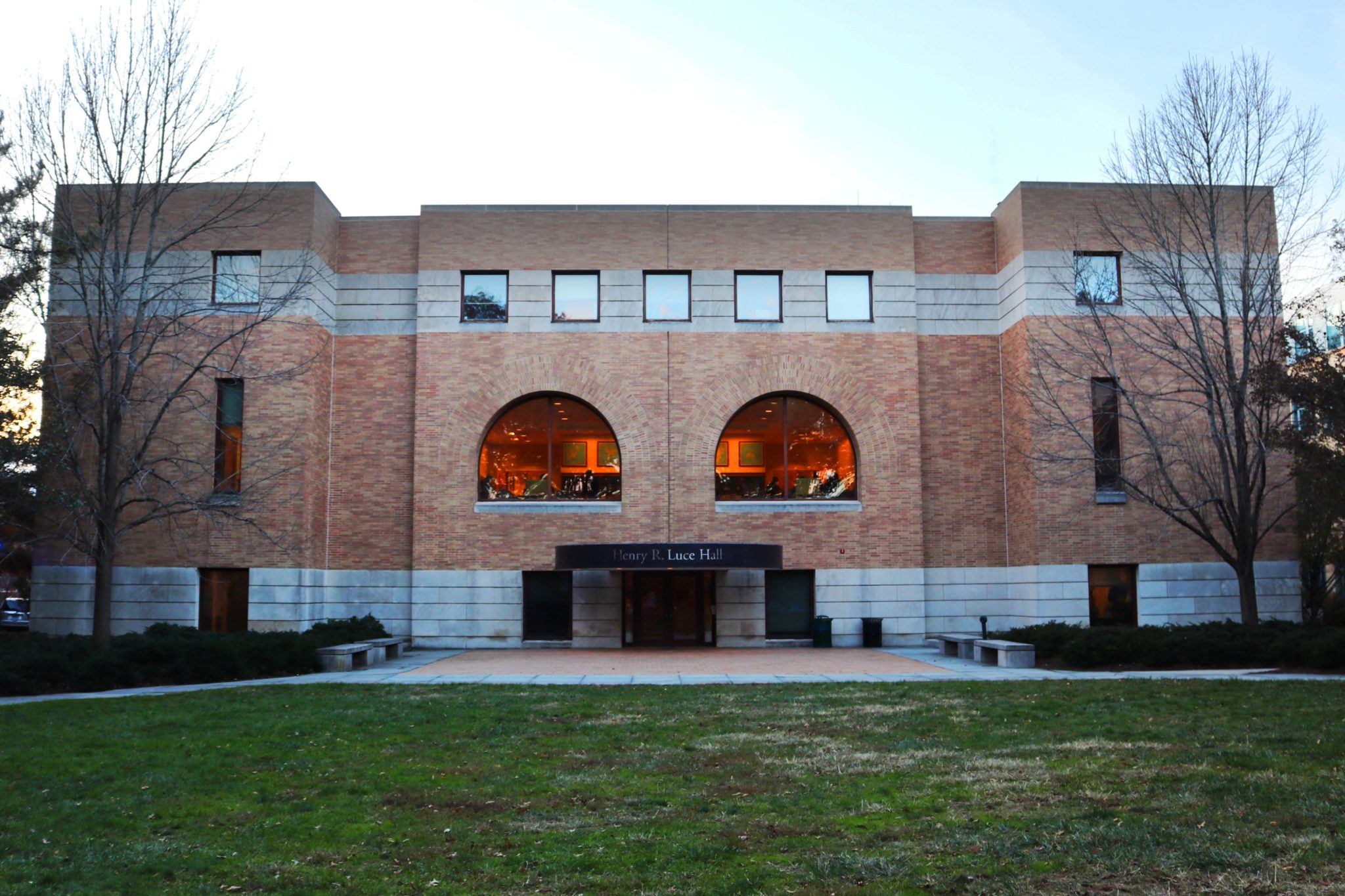
Kai Nip
Amid calls to impeach President Donald Trump from Democrats, some Yale historians say that formal impeachment proceedings are justified and more than possible.
Three history professors — Timothy Snyder, Beverly Gage ’94 and David Blight — will participate in an impeachment roundtable moderated by History Director of Undergraduate Studies Edward Rugemer in Linsly-Chittenden Hall this Friday at 6 p.m. At the event, historians will trace the history of impeachment and discuss what could happen to Trump in the coming months as he faces intense scrutiny for his contact with Ukraine. Prior to the roundtable, Gage and Blight told the News that impeachment is a possibility for the current commander-in-chief and rightfully so.
“Most intelligent people who are out of their partisan shoes understand that impeachment has to be enforced from the broader view,” Blight said.
In an interview with the News, Blight pointed out that several judges and two presidents have been impeached and said Trump could be next.
“Honestly, in Trump’s case, he’s committed so many impeachable offenses, you can’t count them,” he said. “He’s unprepared, misfit, uninformed for the office he’s in and egregiously abusing the powers he has.”
Blight, who has expertise on the Senate’s attempt to oust President Andrew Johnson in 1869, said he sees several parallels between this history and the present day.
For one, he said, impeachment “was a near disaster for the Republicans,” and the same could be true today. But the current proceedings are unprecedented because of Trump’s actions while in office, Blight added.
“We’ve never had a president with this kind of combination of ignorance, venality and authoritarianism. He’s flaunting it,” Blight said.
Snyder did not respond to requests for comment. Gage, who plans to share her expertise in 20th-century American politics at the roundtable, said that the Nixon impeachment is particularly relevant today.
She said that predicting the outcome of the impeachment inquiry is a “bad idea” because the public does not know all of the facts. Still, she added Friday’s discussion will help the community understand what is going on as the next several months unfold.
“I [think] it [is] a moment when historians could really be of some use to the campus,” she said.
She added that moments like today’s political situation, make history professors even more relevant.
“Understanding history is important to understanding our own moment,” she said. “One of the great things about being on a college campus is that you can bring together some of the world’s greatest experts on the topic.”
For Rugemer, who will preside over Friday’s discussion, the three participating professors have a variety of backgrounds that will help the audience understand the current political crisis. Coupled with Snyder’s expertise on Eastern European history, Gage and Blight will provide key insights into potential impeachment proceedings in the Trump era, he said.
“These are moments when the insights of history really become palpable in the public discourse,” he added.
Article II of the United States Constitution outlines the process of impeachment and gives the House of Representatives the ability to declare a government official unfit for office. According to the Constitution, the Senate can then ultimately decide to remove the official from their position after a trial.
Matt Kristoffersen | matthew.kristoffersen@yale.edu







